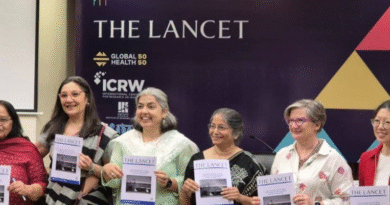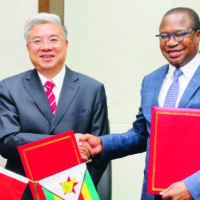Zambia’s Project Leads the Way in Reducing Emissions
Permanent Secretary Dr. Douty Chibamba of the Ministry of Green Economy and Environment in Zambia has highlighted the positive impact of the Zambia Integrated Forest Landscape Project (ZIFLP) on the country’s efforts to reduce emissions from various sectors, including forestry, agriculture, and energy.
The ZIFLP project, which started in January 2018 and will conclude in February 2024, is supported by a $32.8 million grant from the World Bank. It plays a crucial role in helping Zambia achieve its Nationally Determined Contributions (NDCs) by focusing on three key areas: Sustainable Forest Management, Sustainable Agriculture, and Renewable Energy and Energy Efficiency.
During a meeting with a delegation from the BioCarbon Initiative for Sustainable Forest Landscapes (BioCarbon ISFL) under the World Bank, Dr. Chibamba outlined the project’s progress in areas such as emissions reduction planning, district and local development, climate-smart agriculture, sustainable forest management, energy efficiency, and wildlife conservation.
Dr. Chibamba also mentioned ongoing negotiations for the Emission Reductions Purchase Agreement, which could potentially unlock an additional $30 million in funding for Eastern Province, where the project is located. However, this funding will only become available after two and a half years.
To bridge the funding gap of $10 million for community-based low-carbon initiatives and emissions reduction activities during this period, the Ministry has secured $2 million from the Global Environmental Facility (GEF) and is actively seeking the remaining $8 million from other donors.
Dr. Chibamba appealed to the BioCarbon Fund for a grant of $8 million to fill this funding gap and further support the replication of the ZIFLP model in other provinces of Zambia.
Roy Parizat, the Team Leader and World Bank ISFL Program Manager, expressed enthusiasm for the engagement and its potential to structure carbon funding effectively for climate change initiatives in Zambia and set an example for other regions worldwide.
He emphasized the importance of transparent and impactful mechanisms for channeling resources to address climate change in Zambia and benefit its citizens.



